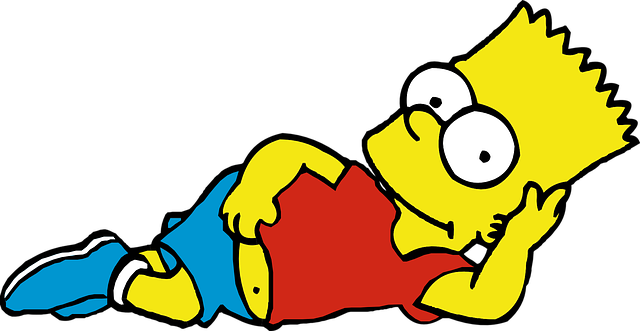Booklet: Josef Lada's illustration: Švejk (Czech Republic 1997)
Josef Lada's illustration: Švejk (Czech Republic 1997)
10 September (Czech Republic ) within release Comics goes into circulation Booklet Josef Lada's illustration: Švejk face value 8*4.60 Czech koruna
| Booklet Josef Lada's illustration: Švejk in catalogues | |
|---|---|
| Michel: | Mi: CZ MH46 |
| POFIS: | POF: CZ ZSL2 |
Booklet is horizontal format.
POF:CZ 154, 8 stamps and 4 coupons.Also in the issue Comics:
- Booklet - Josef Lada's illustration: Švejk face value 8*6;
- Booklet - Josef Lada's illustration: Švejk face value 8*4.60;
- Booklet - Josef Lada's illustration: Švejk face value 8*4;
Booklet Josef Lada's illustration: Švejk it reflects the thematic directions:
A cartoon is a type of visual art that is typically drawn, frequently animated, in an unrealistic or semi-realistic style. The specific meaning has evolved, but the modern usage usually refers to either: an image or series of images intended for satire, caricature, or humor; or a motion picture that relies on a sequence of illustrations for its animation. Someone who creates cartoons in the first sense is called a cartoonist, and in the second sense they are usually called an animator.
The concept originated in the Middle Ages, and first described a preparatory drawing for a piece of art, such as a painting, fresco, tapestry, or stained glass window. In the 19th century, beginning in Punch magazine in 1843, cartoon came to refer – ironically at first – to humorous artworks in magazines and newspapers. Then it also was used for political cartoons and comic strips. When the medium developed, in the early 20th century, it began to refer to animated films that resembled print cartoons.
The domestic dog (Canis lupus familiaris or Canis familiaris) is a member of genus Canis (canines) that forms part of the wolf-like canids, and is the most widely abundant carnivore. The dog and the extant gray wolf are sister taxa, with modern wolves not closely related to the wolves that were first domesticated. The dog was the first domesticated species and has been selectively bred over millennia for various behaviors, sensory capabilities, and physical attributes. Their long association with humans has led dogs to be uniquely attuned to human behavior and they are able to thrive on a starch-rich diet that would be inadequate for other canid species. Dogs vary widely in shape, size and colours. Dogs perform many roles for people, such as hunting, herding, pulling loads, protection, assisting police and military, companionship and, more recently, aiding handicapped individuals. This influence on human society has given them the sobriquet "man's best friend".


